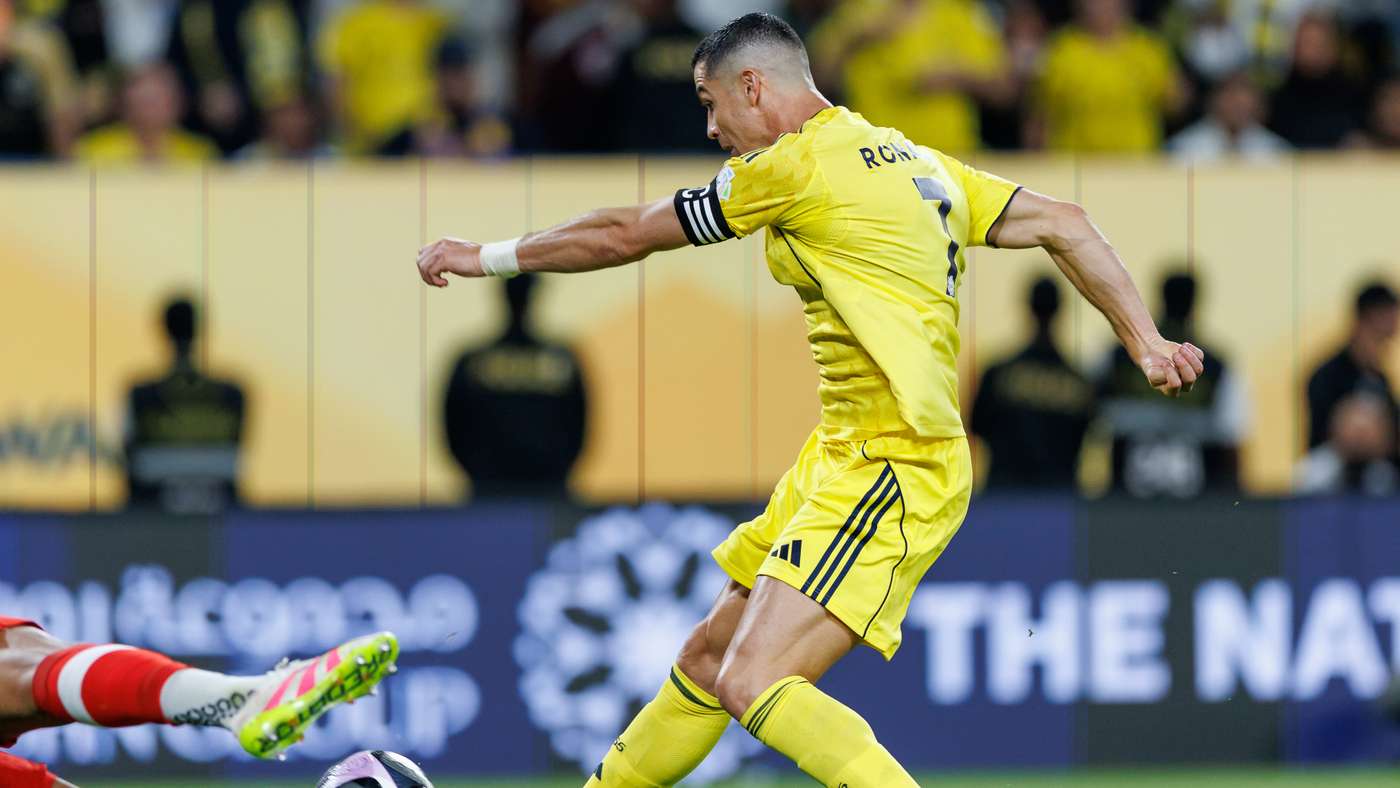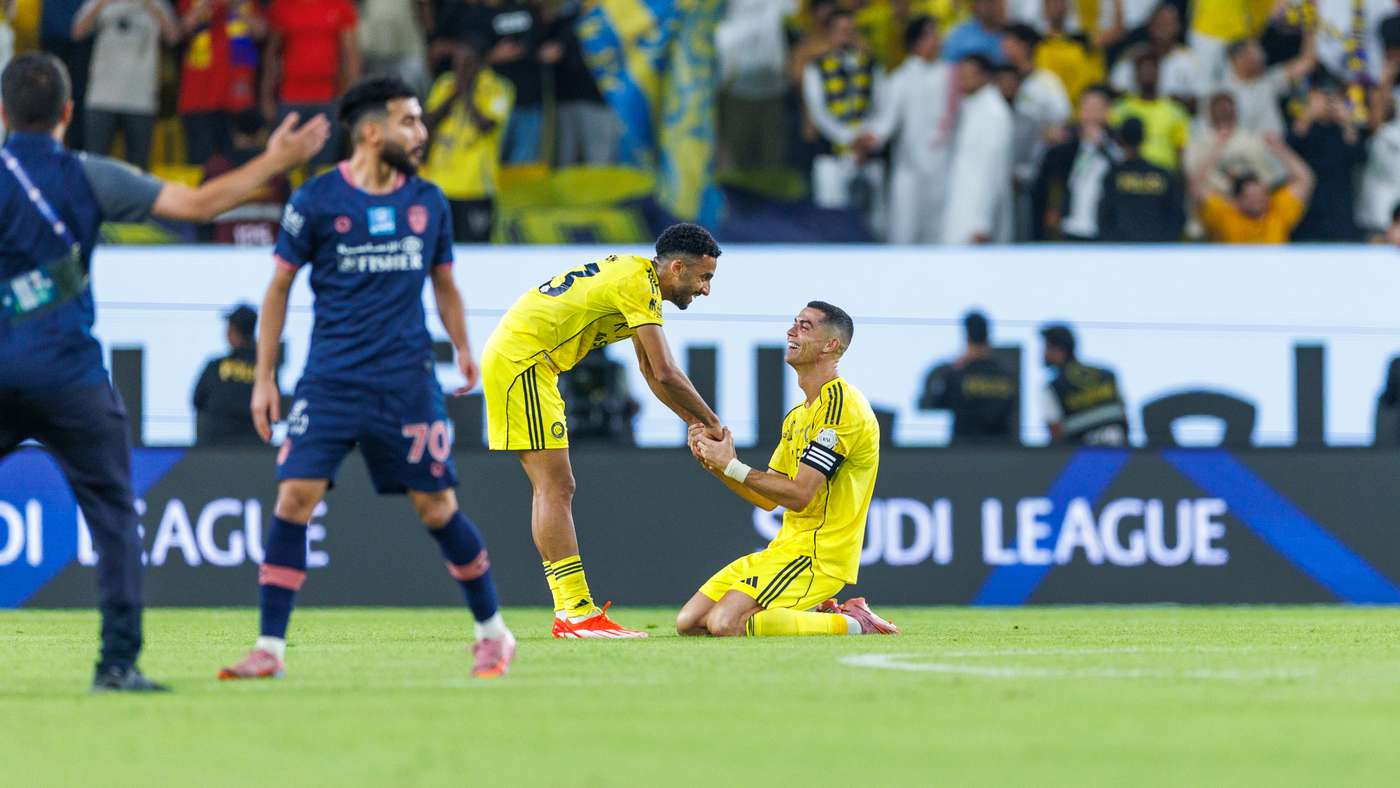Whistles on the Line: Local Referees Take Charge as Neom Faces Al Nassr in a High-Stakes Saudi Showdown
2 November 2025

Referee Assignments and the Neom–Al Nassr Clash
The Saudi Arabian Football Federation's referees committee has decided to entrust the Neom vs Al Nassr game, in the eighth round of the Roshen Pro League, to a local officiating team, despite objections raised by Jorge Jesus, the coach of Al Nassr, following the Al Fayha match.
In the match’s narrative, Al Nassr earned a stoppage-time penalty in the second half for defender Abdulilah Al-Omari, a decision that drew the coach’s criticism of several calls, including a disallowed Kingsley Coman goal for offside.
Judiciary of Decisions and the Foreign Referee Question
Saudi newspaper Asharq Al-Awsat reported that Neom did not ask for foreign referees for their game against Al Nassr, so a local crew is expected to handle the whistle. The league rules in effect this season require clubs to request foreign officiating crews at least 21 days before a match.
The same piece notes that the appointed local referee has previously overseen games involving Taawoun, Al Fayha, Al Fateh, and Hajm (Hazm). In contrast, three foreign crews managed Al Nassr’s games against Al Ittihad, Al Khaleej, and Al Riyadh, highlighting an ongoing debate about the balance of home advantage and neutrality in officiating.
Juices, Jibes, and a Chorus of Critics
Jorge Jesus joined his countryman Sergio Conceição, the coach of Al Ittihad, in criticizing Saudi officiating, arguing that the refereeing in several fixtures needs refinement even as some matches feature foreign crews. Conceição’s comments followed a dramatic 4-4 draw with Al Khaleej, during which the referee Sami Al-Ghreis sent off Fabinho, a call that sparked diverse opinions among analysts.
Al Fayha’s social media account mocked a crucial late penalty against them, posting a clip of Ronaldo’s decisive goal set to a Mohammed Abdu song, implying perceived bias or sarcasm about the sequence and its legitimacy. The clip drew a flurry of reactions from fans, with many debating whether the call was fair or a showcase of favoritism toward the reigning heavyweights.
Analysts dissected the late decision in depth: Mohamed Kamal Reesha argued the penalty was correct, while Gamal Al-Ghandour contended it was not. Other pundits offered mixed views, and some emphasized that video-assisted reviews should add clarity rather than fuel controversy. A chorus of voices—officials, pundits, and players—underscored the broader issue: Saudi refereeing remains under the spotlight as technology and tradition collide on the pitch.
In this atmosphere, debates over the accuracy of decisions, the pace of reviews, and the consistency of calls continue to color conversations about the league’s competitive integrity, even as fans crave crisp, fair decisions that let the football do the talking.
Punchline 1: If referees were snipers, their whistles would be their silencers—one blast and the whole crowd goes silent, waiting for the verdict.
Punchline 2: In football, timing is everything, but in this league, timing and a good VAR re-check are basically the same thing—two bullets, one target: the scoreboard behaving itself.



